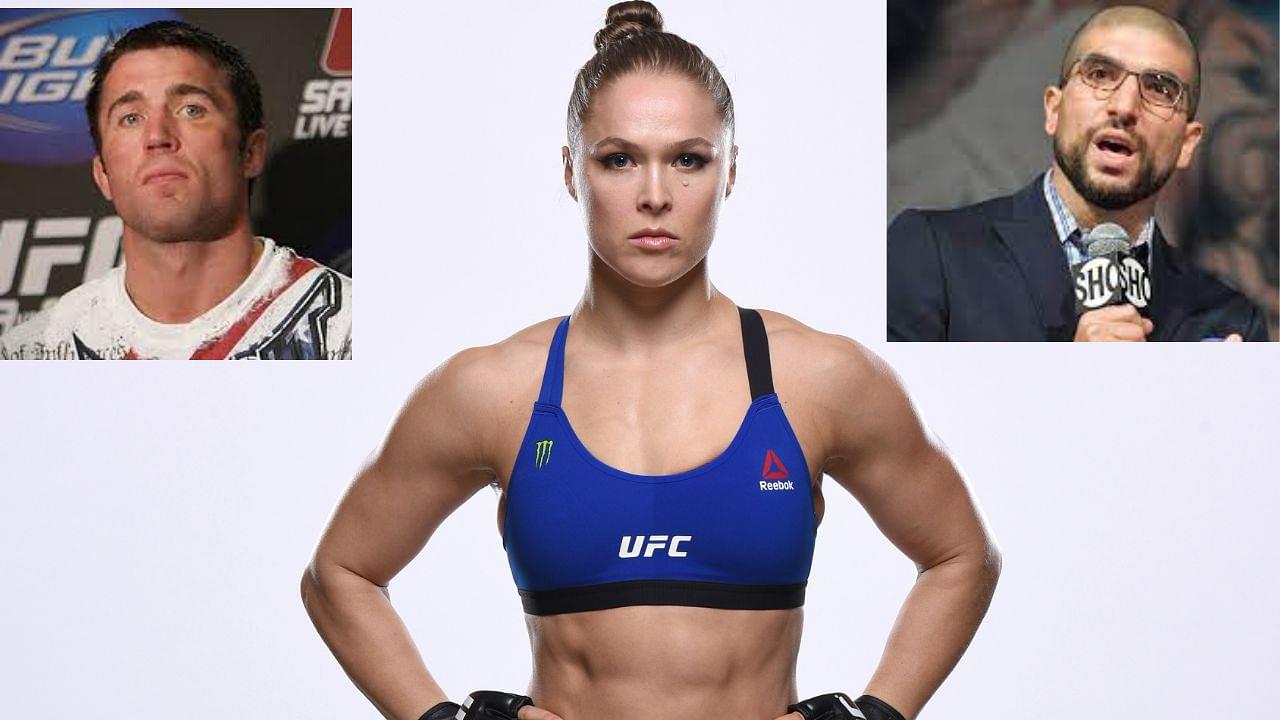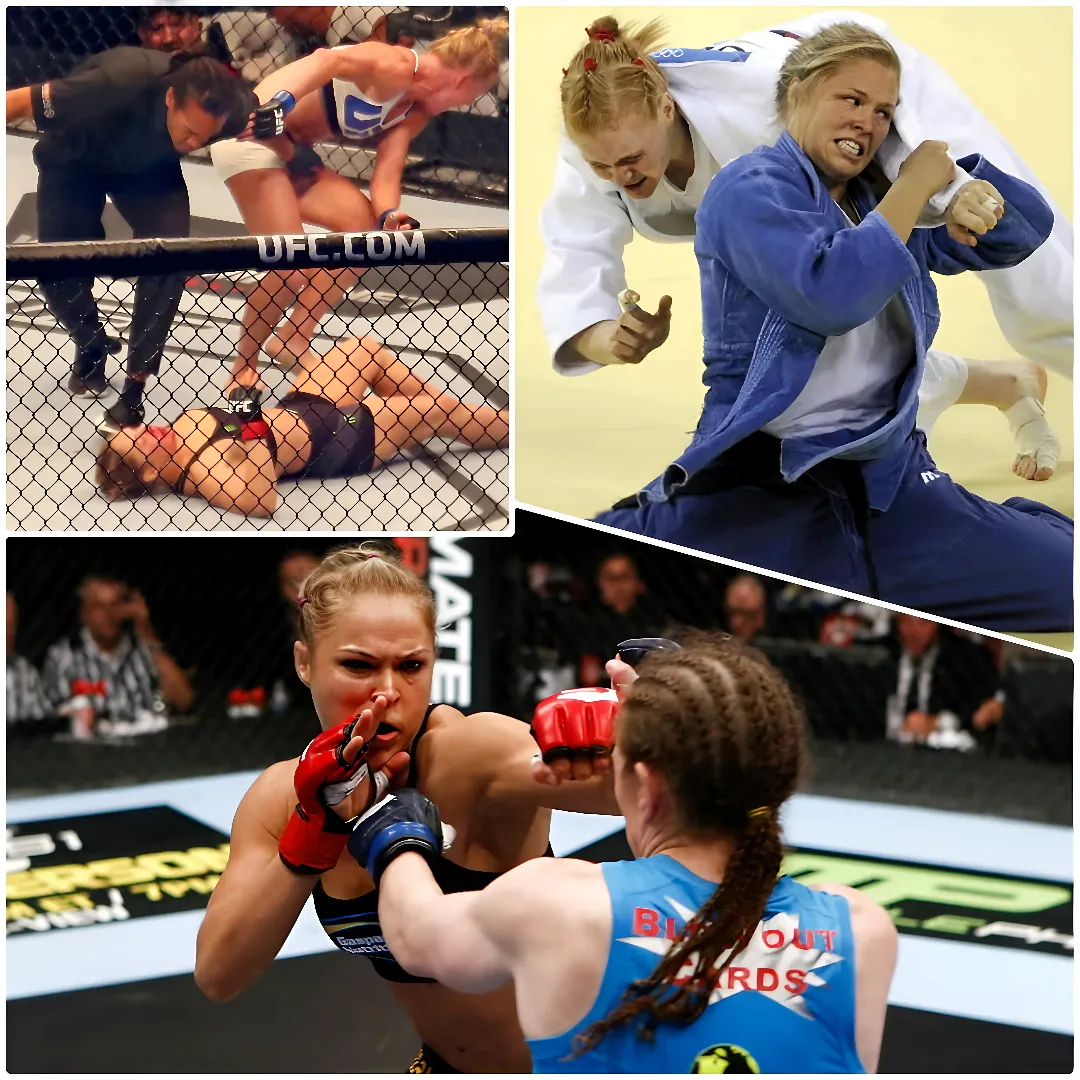Ronda Rousey: A Controversial Figure in MMA

Ronda Rousey's impact on the world of mixed martial arts is undeniable. From her humble beginnings in King of the Cage to becoming the first female fighter signed by the UFC, Rousey has left an indelible mark on the sport.
However, her relationship with the MMA media and fans has been a tumultuous one, with many questioning the treatment she has received in recent years.
When Rousey burst onto the scene in 2011, no one could have predicted the seismic shift she would bring to the sport.
Her dominance in the cage, particularly her ability to execute the arm bar with precision, propelled women's MMA into the spotlight and forced UFC CEO

Dana White to reconsider his stance on women competing in the organization. Rousey's star power was undeniable, and she quickly became a trailblazer for female fighters around the world.
As the inaugural UFC women's bantamweight champion, Rousey defended her title six times before suffering back-to-back losses and ultimately leaving the sport in 2016.
Since then, she has been notably absent from MMA events, citing a feeling of being unwelcome and vilified by the media and fans.
In a recent interview on the “High Performance” podcast, Rousey expressed her belief that she would be booed if she were to attend a UFC fight, highlighting the perceived backlash she has faced.

Former UFC title challenger and commentator Chael Sonnen has weighed in on the controversy, asserting that Rousey's treatment is not unique and that she is being treated like any other fighter.
Sonnen contends that if the public truly understood that Rousey's career is behind her and not simply a negotiation tactic or ploy for attention, they would not boo her. He emphasizes the importance of recognizing Rousey as an artist whose career has come to an end, deserving of respect rather than scorn.
The debate surrounding Rousey's treatment raises broader questions about the relationship between athletes, the media, and fans in the world of sports.
As one of the most recognizable figures in MMA history, Rousey's experiences shed light on the challenges faced by athletes transitioning out of the spotlight and how their legacies are perceived in retrospect.
It is undeniable that Rousey's impact on MMA will be felt for years to come. Her pioneering efforts in women's MMA opened doors for countless athletes and changed the landscape of the sport forever.
However, her post-retirement experiences serve as a reminder of the complexities inherent in navigating fame, legacy, and public perception.
As the MMA community continues to grapple with Rousey's legacy and treatment, it is essential to consider the broader implications for athletes and their post-competitive lives.
The conversation sparked by Rousey's experiences serves as an opportunity to reflect on how we as fans, media, and stakeholders in the sport can better support athletes as they transition into new chapters of their lives.
In conclusion, Ronda Rousey's journey in MMA has been one of triumphs and challenges, and her post-retirement experiences have sparked important conversations about athlete treatment and legacy.
As the sport continues to evolve, it is imperative that we consider the impact of our words and actions on those who have dedicated their lives to competing at the highest level.
Rousey's legacy extends far beyond her victories in the cage, serving as a reminder of the complexities inherent in being a public figure in the world of sports.



